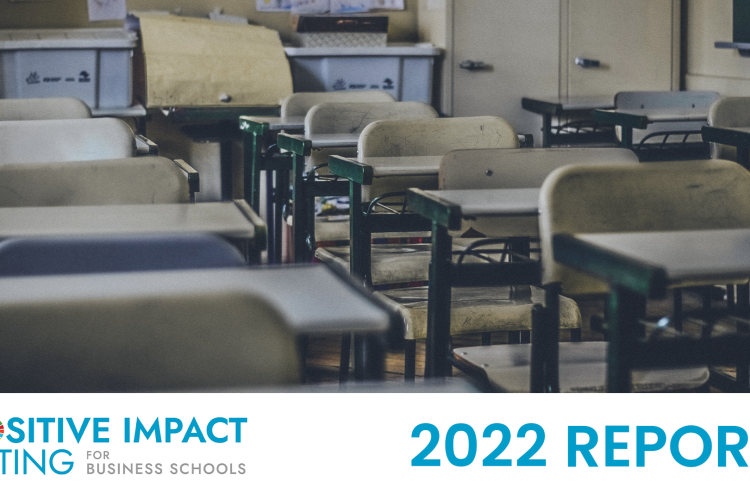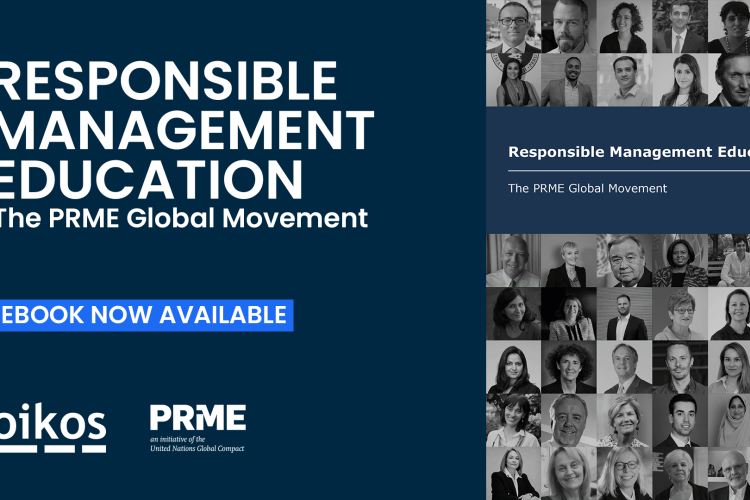Case Abstract
This is a case about the threats to the world’s oceans seen through the lens of the $30 billion per year cruise line industry. There is a focus on Holland America Lines (HAL) as a sustainability leader in the industry. HAL has implemented a number of beyond compliance and efficiency initiatives and is ISO 14001 certified. The cruise line industry, and the maritime industry in general, have significant impacts on the oceans through their emissions, discharges and shore practices. These impacts are not necessarily the primary stresses on our oceans, so the case provides a broad perspective on the threats to the oceans and the associated regulatory environment.
The case explores Holland America’s initiatives relating to discharges to water, hazardous waste, supply chain issues, social sustainability issues and emissions to air. Emissions to air, including CO2, SOX and NOX and Particulate Matter (PM) are a particularly difficult issue for the 350 cruise ships and 50,000 merchant ships plying the oceans. Holland America Lines primary strategy for reducing their emissions to air was to increase fuel efficiency. Both the ship’s propulsion and all on-board equipment rely on the ships engines. Their fuel conservation initiatives were very successful. HAL committed to reduce its fuel use (on a per passenger berth – per nautical mile traveled basis), and thus it’s associated carbon emission intensity, by 20% between 2005 and 2015. They achieved this goal by 2011.
The case also looks at the idea of HAL installing wind turbines on the decks of their ships in order to achieve a small reduction in fuel use through the generation of electricity. Bill Morani, V.P. Safety & Environmental Management Systems, is asked to determine whether HAL should reconsider this idea even though it had initially been assigned a low priority. HAL had a very proactive Fuel Conservation Committee (FCC), and the case describes the workings of the committee. While the wind turbine initiative had a very low priority in the FCC rating system, it provides a perspective on the fuel conservation approach and offers a look at an interesting alternative energy initiative. Furthermore, Bill Morani is in the process of identifying long-term sustainability priorities for HAL, and the case provides sufficient information for students to reach their own conclusions regarding those priorities.
[table id=42 /]



